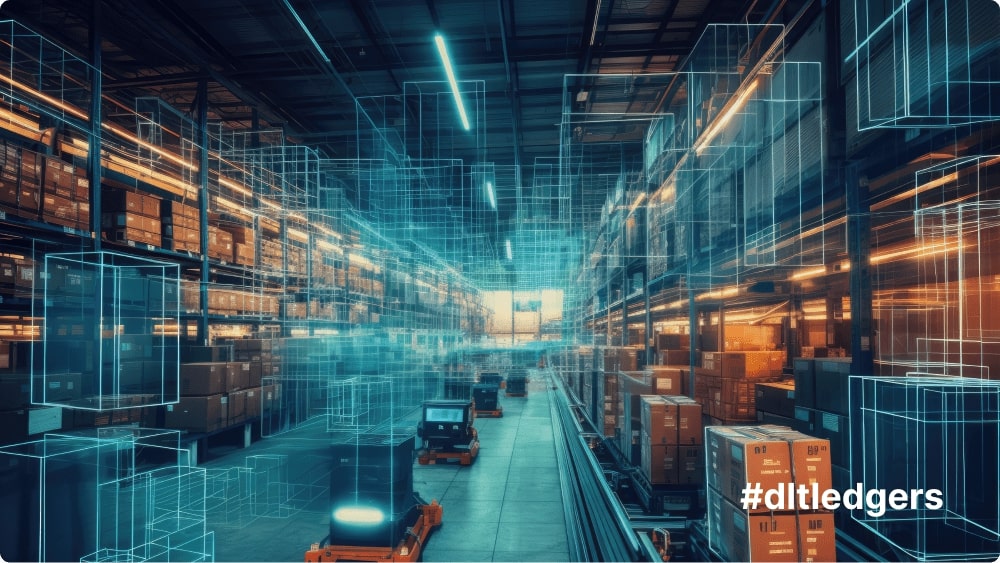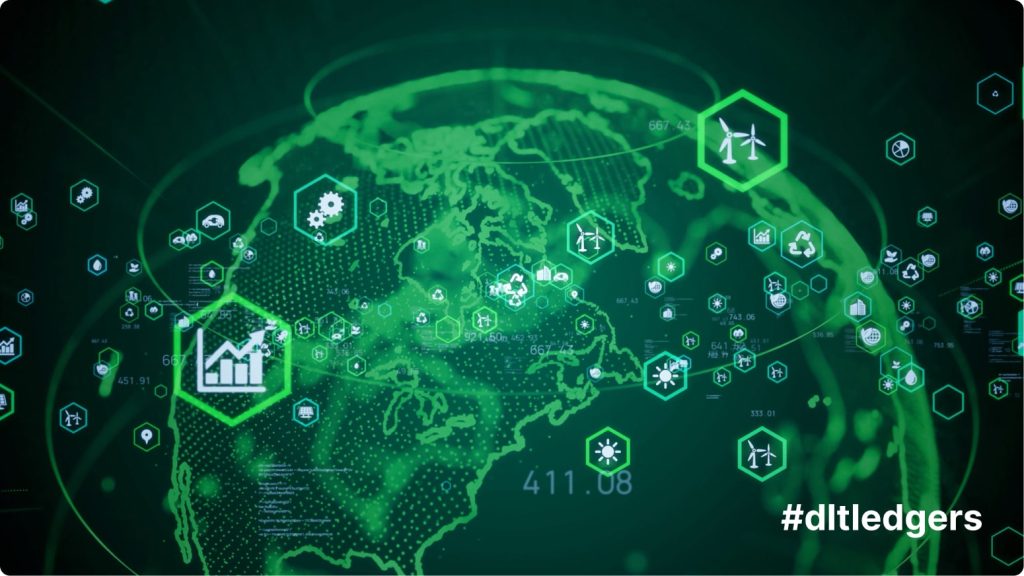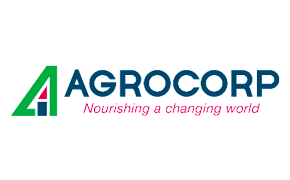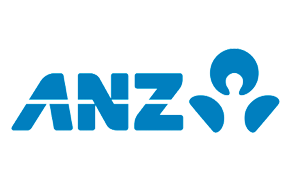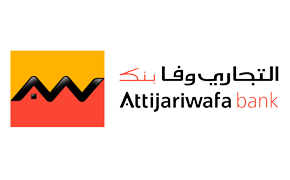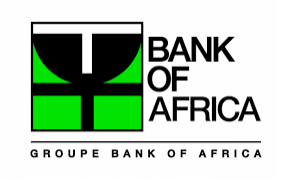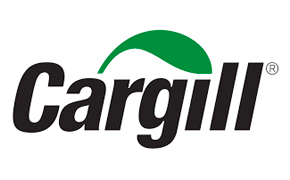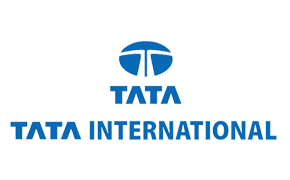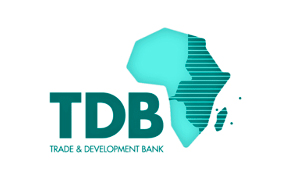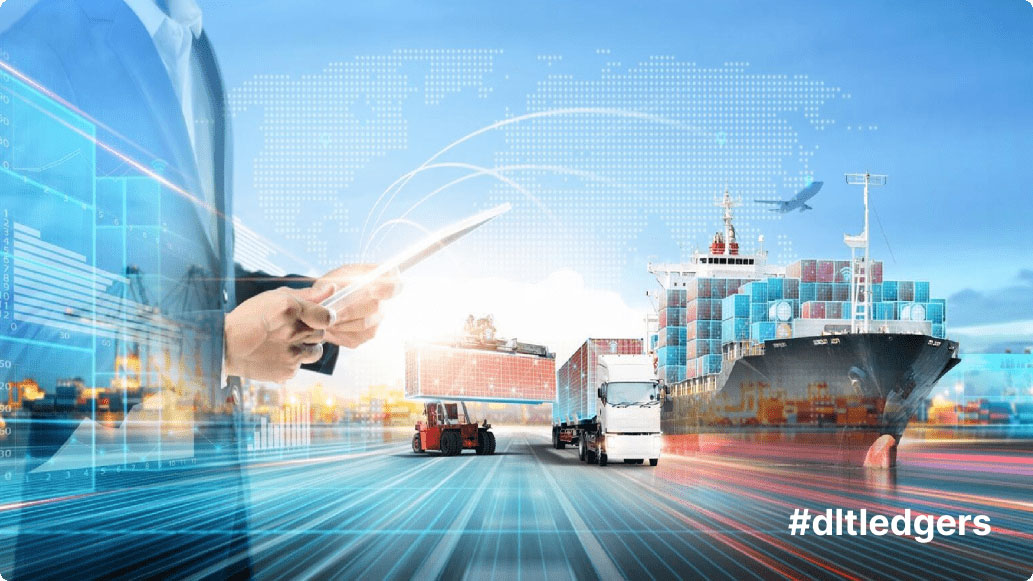
Navigating the complex landscape of global regulations governing sustainable supply chains is a daunting task for businesses. From the EU’s Green Deal to the United States’ Clean Air Act, each regulation poses unique compliance challenges. Moreover, as consumers and investors grow more environmentally conscious, the stakes for non-compliance have never been higher. These regulations often require meticulous tracking and reporting of supply chain activities, a task that can be overwhelming given the intricate web of global supply chains.
Blockchain: A Game Changer for Compliance
Blockchain technology, at its heart, is a decentralized ledger that offers immutable and transparent record-keeping. This makes it an ideal tool for regulatory compliance in sustainable supply chains. Its transparency ensures that every transaction or change is recorded and visible, making it easier to verify compliance. The immutability of blockchain means that once a record is made, it cannot be altered, thus ensuring the integrity of compliance data.
Several companies have started harnessing blockchain to ensure compliance with sustainability regulations. Walmart, for example, has implemented blockchain technology to enhance the traceability of products in their supply chain. This initiative helps Walmart ensure that its products comply with fair labor practices and environmental standards.
The French multinational retailer Carrefour is another example in the use of blockchain in the food industry to ensure compliance with safety standards and organic certifications. Carrefour uses blockchain to track the supply chain of several of its products, including meat, milk, and fruit. This initiative allows customers to see detailed information about the product’s journey from farm to store by scanning a QR code. This information includes organic certifications and compliance with safety standards.
Compliance and Beyond: The Broader Impacts of Blockchain on Sustainability
Blockchain’s role in supply chains transcends compliance. It paves the way for broader sustainability initiatives. By offering a transparent view of the supply chain, blockchain encourages responsible sourcing and ethical practices. It also facilitates the achievement of broader Environmental, Social, and Governance (ESG) goals, such as reducing carbon footprints and ensuring ethical labor practices.
However, implementing blockchain for regulatory compliance is not without challenges. Integrating blockchain into existing systems can be complex, and there is a need for technical expertise. Moreover, achieving the full benefits of blockchain requires buy-in from all supply chain stakeholders. Companies need to approach implementation strategically, with a focus on training, stakeholder engagement, and phased adoption.
The Future of Blockchain in Sustainable Supply Chain Compliance
Blockchain technology is poised to play a transformative role in sustainable supply chain management. As regulations become more stringent and complex, blockchain offers a viable solution for maintaining compliance while promoting overall sustainability. The future will likely see an increase in blockchain adoption as companies recognize its potential in managing regulatory challenges and driving sustainable practices.
For businesses aiming to stay ahead in a world of stringent environmental regulations and heightened sustainability expectations, embracing blockchain technology is a strategic move. It’s an investment in compliance, transparency, and long-term sustainability—a trifecta that will define the future of successful and responsible business operations.
Interested in using blockchain technology to implement a transparent and truly sustainable supply chain? Reach out to #dltledgers for a demo, or check out our ready-to-deploy blockchain powered solutions on The App Hub.

